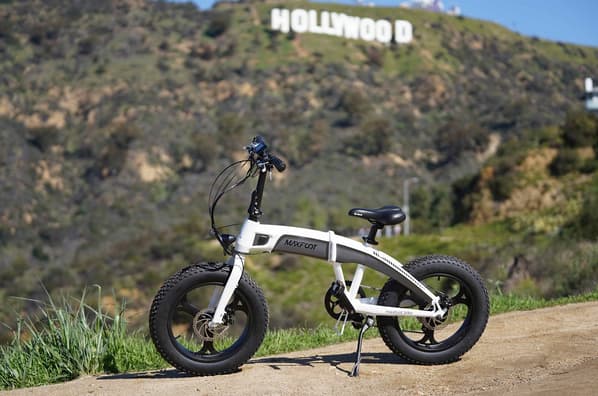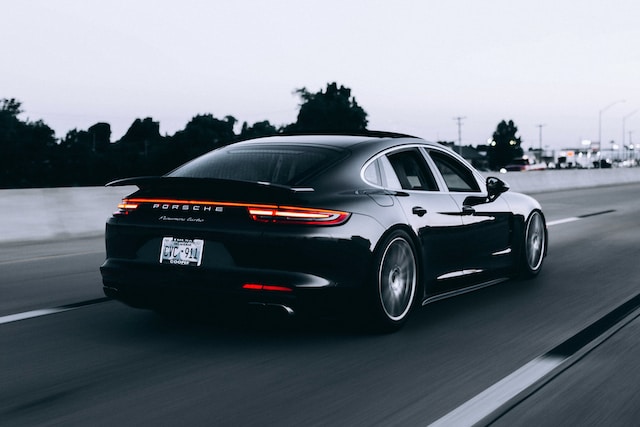We are witnessing the dawn of the future of the automobile as electric cars are slowly but surely taking over. As the landscape is undergoing major changes, EVs spearhead the revolution, and people worldwide embrace them wholeheartedly. There is more than meets the eye about these amazing cars, and the innovations driving electric vehicles are worth exploring. This guide explores the cutting-edge technologies that pave the pathway to a greener future.
Advancements in Battery Technology and Charging
The few detractors of electric vehicles have relentlessly highlighted the limited range that these cars have compared to their counterparts powered by fossil fuels. The battery advancements have rendered these differences negligible and have turned the tide for many prospective buyers. The highly sophisticated battery packs are the cornerstone of electric cars and represent the heart of the entire system. Lithium-ion batteries have the best energy-to-weight ratio and a superior lifecycle, so they remain the preferred solution.
Scientists are considering the possibility of replacing them with solid-state batteries, which could deliver superior performance. Elon Musk’s Tesla kickstarted the electric vehicle revolution and constructed the first major production facility for battery manufacturing. Inspired by his example, other companies have unveiled their factories, resulting in a steep decrease in battery costs.
We expect to witness the benefits of vehicle-to-grid technology in the foreseeable future. This would represent a breakthrough, allowing users to feed excess energy back into the grid. Electric car owners will enjoy superior access to the energy ecosystem while pushing the expansion of charging networks into overdrive. Here are major Battery Innovations for EVs:
- High-Energy-Density Lithium-ion Batteries
- Solid-State Battery Technology
- Battery Thermal Management Systems
- Vehicle-to-Grid Integration (V2G)
- Cobalt-Free Battery Chemistries
Progress is being made monthly regarding the charging infrastructure, with innovations decreasing the charging times. Level 3 fast charging stations are at the forefront of these meaningful changes, as they can charge an electric vehicle in half an hour. At the time of writing, superchargers are still insufficient to cater to all-electric cars, but accessibility to them is improving steadily.
Wireless charging could be the next big thing by further reducing the waiting time while simplifying the process. The prospect of eliminating connectors and physical cables from the equation is attractive, and we are not far away from this desirable outcome. Smartphone owners already benefit from such tech, using charging pads instead of connecting their phones to an electrical outlet.
Efficiency and Sustainability: A Match Made in Heaven
It has always been difficult to convince people to change their habits for the greater good, especially when sacrifices are expected. Some innovations driving modern electric vehicles also made them more appealing by bringing something new to the table. Instead of compromising on speed, torque, and overall performance, EVs outstripped their counterparts in every imaginable way.
Electric motors are the heart of the vehicles, and they can provide almost instantaneous acceleration. City dwellers and people who rely on their cars for daily activities are the main beneficiaries of this unique advantage. A lot of time is spent in traffic, with cars coming to a virtual standstill hundreds of times daily. Drivers feel better about the enhanced traction and performance of the advanced electric propulsion system using multiple motors.
Reducing costs has always been a priority for frugal people; once again, technology comes to the rescue. The electric energy consumed to push the vehicle forward is recovered through regenerative braking. The vehicle’s efficiency and, implicitly, its range increases as kinetic energy is converted back into electrical energy each time drivers push the brake pedal. It is a short list of the top Electric Car Companies of 2023:
- Tesla
- Ford
- General Motors
- Hyundai/Kia
- Volkswagen/Audi/Porsche
Electric cars were heralded as an important pillar in the fight against the negative effects of climate change. In addition to reducing admissions, they also use sustainable materials and a less polluting manufacturing process. The carbon footprint is reduced using eco-friendly materials, ranging from recycled plastics to natural fibres. Companies leading the manufacturing of EVs have secured prestigious certification that recognises their commitment to environmentally responsible practices.
Connectivity, Smart Systems, and AI Integration
Electric cars are great-looking, eco-friendly, and efficient and use more advanced software and systems than their classic counterparts. Manufacturers agree that the future of transportation is linked to artificial intelligence and autonomous driving technologies. There are still many legislative hurdles to overcome, but technology continues to make giant leaps forward in this regard. Fully autonomous vehicles are around the corner, using advanced features such as automatic energy braking, lane-keeping assistance, and adaptive cruise control.
Tesla pioneered developing and manufacturing of electric cars and the smart systems powering them. Its autopilot system is one of the best examples of AI integration, as it uses a complex array of cameras, machine learning algorithms, and sensors. Competitors are closing the gap, and more electric vehicles can change lanes, navigate, and park with little human aid. Self-driving cars will roam the streets once the ethical, safety, and regulatory hurdles are overcome.
Some innovations driving modern electric vehicles are invisible, as they focus on connectivity and over-the-air updates. OTA updates facilitate speedy bug fixes, the implementation of software improvements, and the addition of new features. This increases the functionality and performance of EVs while opening a path to continuous improvements that better meet the needs of drivers.
The Future of Electric Cars Looks Bright
Overcrowded and polluted cities need change, with millions of cars driving in every direction. Electric cars can usher in that meaningful change that allows people to enjoy the same convenient and free way of living while doing the right thing. The early adopters took a leap of faith; in this case, they were not disappointed.
| Innovation | Description | Benefits for Electric Vehicles |
| Battery Technology | Advancements in battery technology improve energy density and safety. | Longer driving ranges Faster charging times Reduced charging degradation |
| Electric Motors | High-efficiency electric motors enhance power delivery and energy management. | Improved acceleration & torque Enables regenerative braking Smooth and quiet operation |
| Connectivity & Smart Systems | Internet of Things technology facilitates remote control, software updates and data sharing in real-time. | Remote monitoring and control Instant updates and diagnostics Superior energy management |
It is time for regular drivers to transition to EVs and tap into the immense potential of green driving. The newest technologies and sustainable practices are reshaping the automotive industry, and we can’t afford to miss out on this giant leap forward for humankind.
Conclusion
The rapid advancements in technology are revolutionising electric vehicles. From improved batteries to smarter charging systems and autonomous features, these innovations are reshaping the automotive industry and fostering a greener, more sustainable future in transportation. We’re just scratching the surface of what’s possible in this exciting journey towards modern electric mobility.



